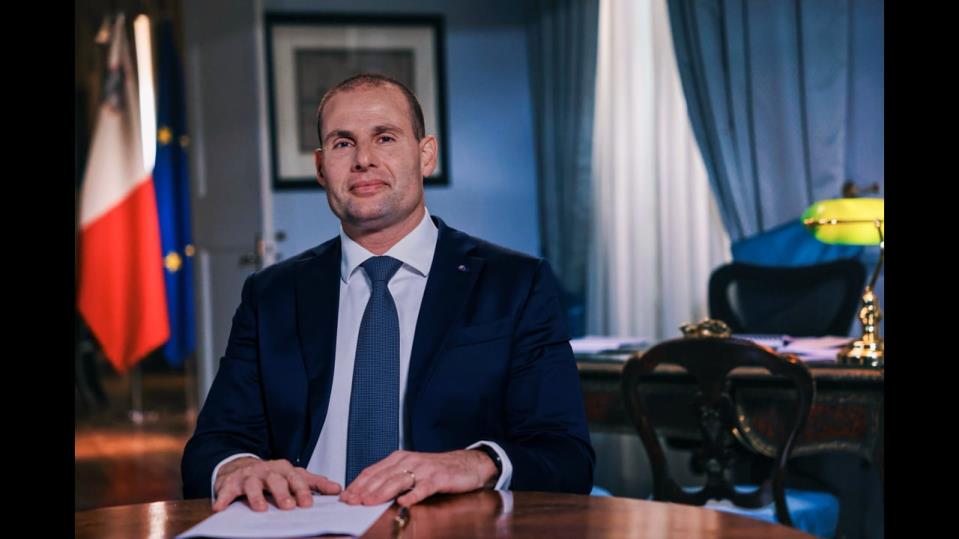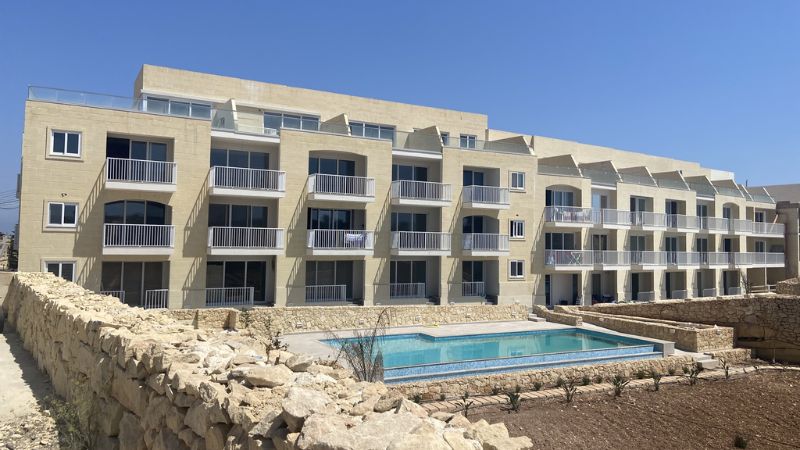Adrian Delia’s speech at last Sunday’s PN general council will be remembered for his “we’re not an elitist party” pitch.
While clearly attempting to detach himself from the his predecessors, Delia is clearly going down the path of populism.
His message was that the Nationalist Party will not remain an elitist party belonging to lawyers and doctors, and will instead move to the streets and “understand the problems” on the ground.
Although the PN was never a party solely by and for “lawyers and doctors” – otherwise it would have never won six out of seven elections between 1981 and 2008 – Delia (a lawyer himself) is trying to reclaim political control of the hegemony Muscat usurped from the PN upon his election as Labour leader in 2008.
Delia is being branded as Muscat Mark II by his detractors and aware of the pitfalls such comparisons bring, Delia said “those who claim that we are becoming Labour Number 2 are very wrong.”
In a desperate attempt to quell such criticism, he said “Joseph Muscat thinks about his own interests, but we think about the good and the needs of the country.”
But Delia shouldn’t be compared to Joseph Muscat the Prime Minister armed with the power of incumbency and in complete control of the State.
Instead, if any comparison should be made, it should be with Muscat’s term in opposition between 2008 and 2013.
Back then Muscat, aware that Labour was widely regarded as an antediluvian party shorn of any ideas and out of synch with society, embarked on a modernisation process.
Muscat rejuvenated the party and cognisant of Labour’s achilles heel he transformed the party into a ‘movement’ which understood the people’s concerns and aspirations.
In his five years on the opposition benches, Muscat astutely read the country’s mood with razor-sharp precision. Riding high on a tsunami of popular disgruntlement, he dished out grandiose plans to “ease the energy burden,” and allied himself with the Italian Northern League’s xenophobic and racist pushback policies.
Muscat capitalised on the Gonzi administration’s apparent greed and insensitivity in allowing ministers to keep their MP’s honorarium over and above their ministerial salary.
While highlighting the PN’s arrogance and detachment from the country’s needs, he projected himself as the people’s champion, the political leader who would put the country’s interests first and foremost.
“A budget should be for the people and not the party (in power),” Muscat said in his 2009 Budget speech.
Once in power, Muscat proved that he is anything but the people’s champion and the real beneficiaries of his policies spend most of their time in boardrooms and yacht marinas.
In 2018, Delia’s PN is pretty much in the same situation Labour was when Muscat took over the party’s reigns from Alfred Sant.
Distrusted, uninspiring, aloof, exclusive and living off past glories.
Thus, Delia wants to move the PN to the streets and understand the people’s concerns. Surveys show that the population’s main concerns are traffic and foreigners living in Malta.
Delia has already rode on these concerns by warning that Malta is losing its identity.
Following in Muscat’s footsteps the PN’s next policy proposals will undoubtedly ride on popular disgruntlement and it will be no surprise if Delia next comes up with some policy plan to manage the influx of foreign workers and tackle criminality.
Following last year’s electoral drubbing, Delia seems to have abandoned the anti-corruption crusade and together with his obtuse advisors, is convinced that the PN’s hopes of getting re-elected hinge on beating Labour at its own game.
Like Muscat’s opposition, the PN will inevitably embark on a charm offensive to be everything to everyone. The two-party system where the the winner takes all does not leave much room for manoeuvre and the two main parties opt for the easiest route to power; populism.
In reality, the two behemoths are interchangeable and both are at the eternal service of the real ‘elite’ which controls wealth and with one foot firmly planted in Hamrun and the other in Pieta.
Unless one of two parties (or a party leader) decides to ditch populism and create an economy that works for all (based on income equality and the protection of the environment), the rot will not stop.
Delia might only have a year to change his party’s fortunes, but going down the tried and tested route taken by Muscat will not change the country’s fortunes.












